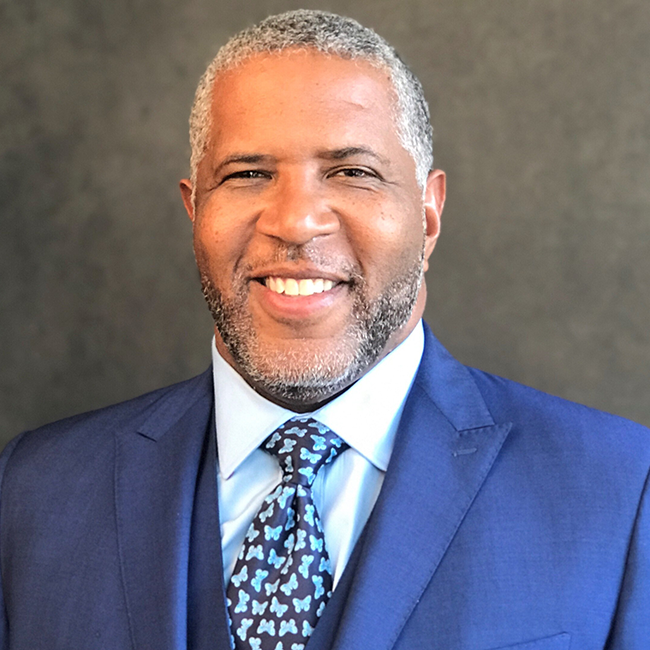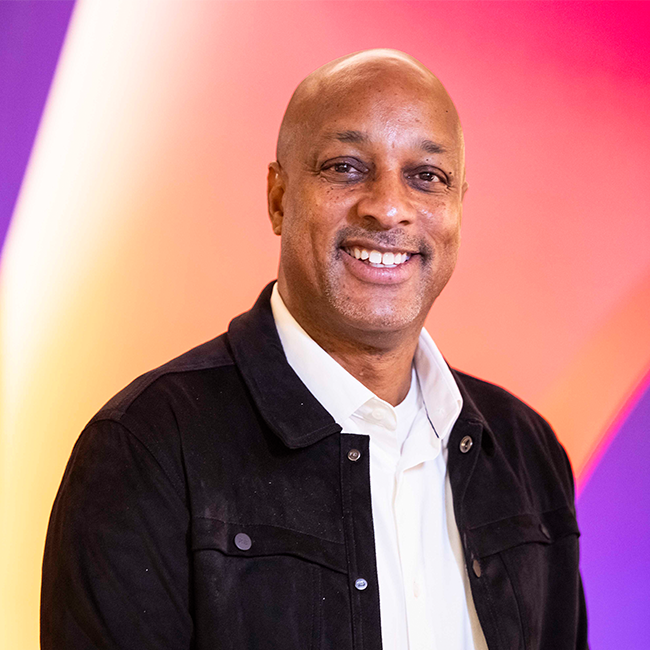
A decade ago, the cumulative data generated by humankind throughout history reached an impressive 12.5 zettabytes of data, according to Statista—a number on its own so vast it’s nearly incomprehensible. To put this into context, one zettabyte equals roughly the number of grains of sand on every beach in the world. Now, just 10 years later, we have dwarfed that growth. This year, that figure is expected to reach 147 zettabytes and will likely continue to grow exponentially.
This may sound overwhelming, but it also represents a potential evolution where information can serve as fuel. Long before artificial intelligence (AI) and large language models became buzzwords, algorithms were developed to squeeze insight out of large datasets and potentially spot inefficiencies. The growing amount of data and the emergence of a myriad of new analytics and technological tools could enable organizations to make better sense of unstructured data and theoretically create new ideas from it. Synthesizing bigger datasets, leveraging real-time data, and devising more sophisticated strategies are potential ways to increase efficiency over time, though constant testing and evaluation is also crucial.
As the amount of available data has grown, organizations must become more strategic about what data to acquire and how to manage them. In some industries, there’s a prevailing notion that if you’re not breaking things, you’re not moving fast enough. An alternative that may have more potential is taking a measured approach. Through incremental change, organizations could test ideas using a robust framework that measures quality and then implement the ideas and innovations that are most effective. This may run counter to the idea of constant reinvention, but sophisticated, scalable, and repeatable processes may be crucial to long-term success.
I believe it’s human ingenuity and creativity that remain the most powerful assets.
But even in this world of sophisticated AI tools and endless data, I believe it’s human ingenuity and creativity that remain the most powerful assets. It’s human ability to harness these tools and see beyond the algorithms that make organizations distinct. What people do by way of driving research and idea generation is still what sets them apart from machines. Humans both invent and provide the indelible guidance on technology that enables both to reap their full potential. Ultimately, businesses need the best people to truly harness the power of data.
However, the best people often exist beyond the traditional centers of innovation. As our CEO Igor Tulchinsky has often said, “Talent is everywhere, opportunity is not.” While opportunities often cluster in major cities and financial hubs, exceptional talent exists globally. At the same time, as these individuals gain from access to opportunity, organizations are able to tap into their unique and varying perspectives. Even as the computing power of AI has exploded, the need for human ingenuity should drive us to look for talent where others do not.
Strategically, organizations know they need people with certain skills in math, computer science, engineering, and physics, but just as important is ensuring a broad set of perspectives are brought to the table. A willingness to look for talent outside of the usual tech and finance hubs may also provide an edge when it comes to evaluating data. A diverse array of people can come at problems with different approaches, which means there are more solutions to test. As predictability increases and technology makes the world move faster, diversity of thought and experience become even more important.
Many companies are trying to understand how to make the most of new AI tools and the ever-growing amounts of data. The ones that can effectively use the power of this emerging ecosystem may be able to create an enduring edge in a world where insight is derived by data. But throughout history, experience has shown that human ingenuity is what ultimately fuels innovation and captures its benefits. People need to be at the heart of any data strategy, and being open-minded about where to look for those people could be the key to unlocking new and potent insight.





















